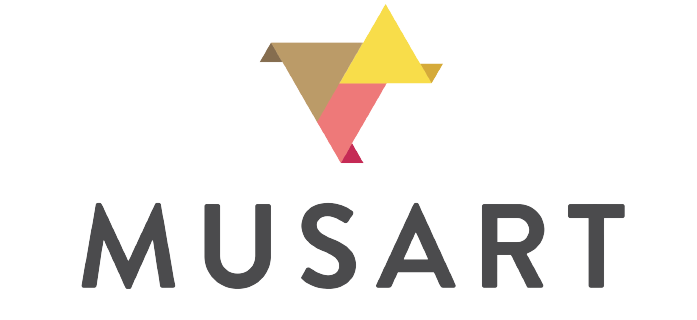Eco Materials
This collection of daily enjoyable functional items is carefully assessed to increase brand-awareness whilst assuring a respectful use of materials and a longer lasting product.
Hemp
Hemp is one of the oldest and most eco-friendly textile fabrics. It is made from fibres of the fast growing cannabis plant that is naturally pest resistant and that can grow without the assistance of fertilizers and pesticides. This makes it a 100% organic crop and therefore very environmentally friendly. The production process of the hemp fibres is a very sustainable one and also due to the fact that these organic fibres are 100% recyclable.
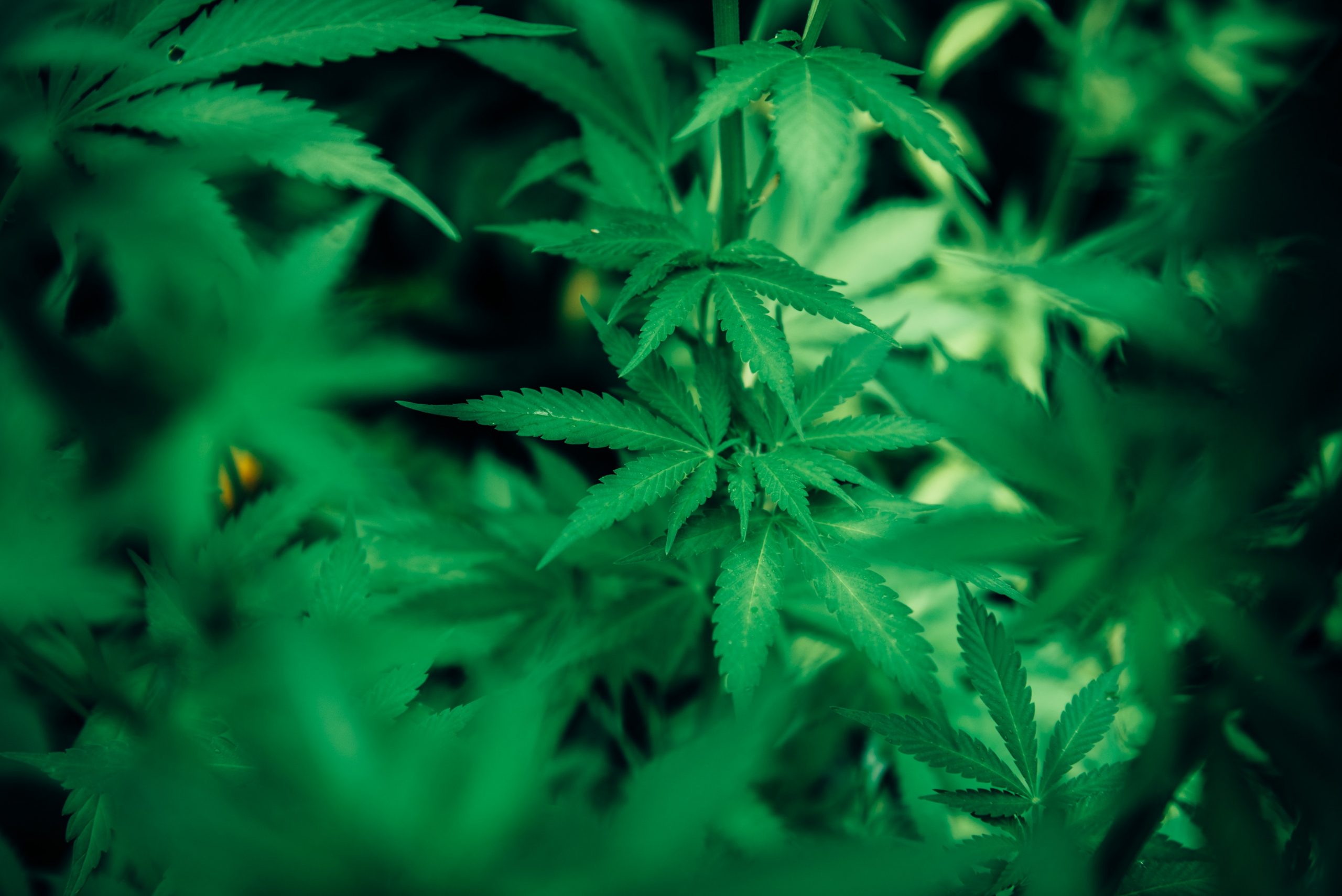
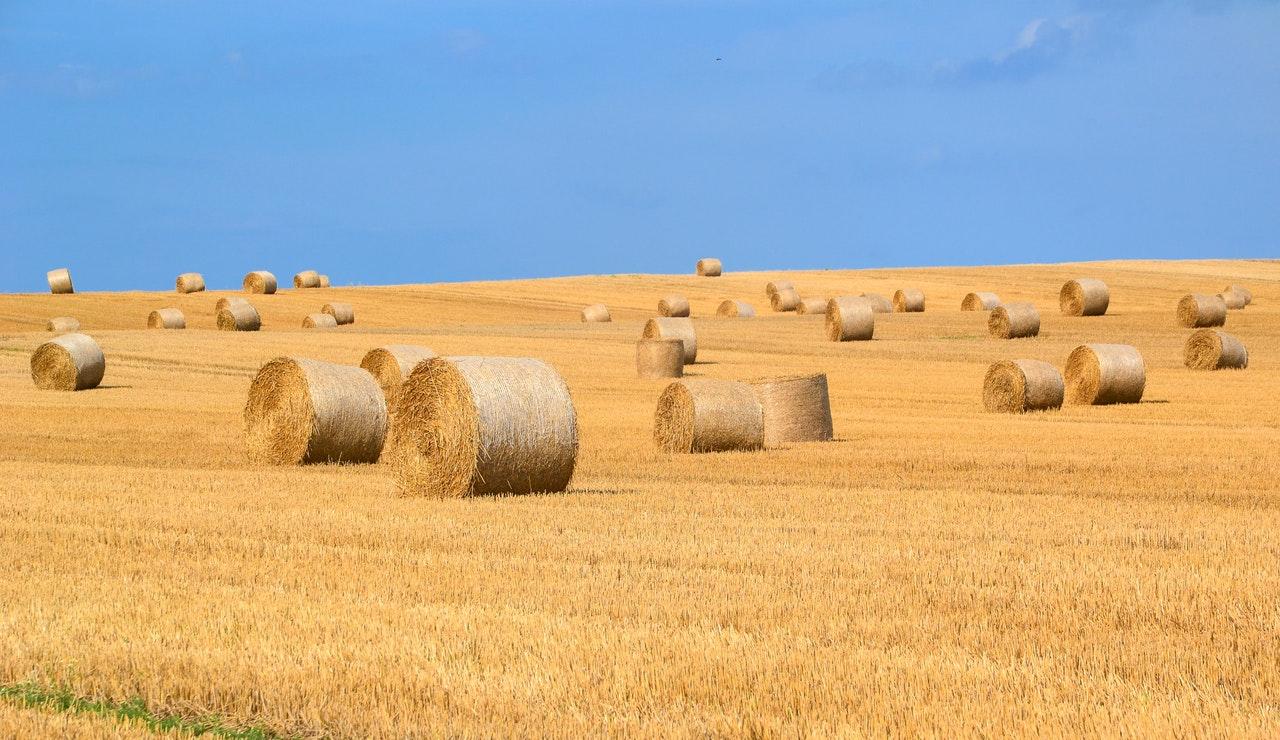
Wheat Straw
WHEAT STRAW IS RECENTLY BEING USED AS FILLER FOR THERMOPLASTIC COMPOSITES AS POLYPROPILENE OR ABS
Wheat-straw is mainly an agricultural waste product that remains after grain or juice is extracted from the crops. Wheat straw is recently being used as filler for thermoplastic composites as polypropilene or ABS. It is a valuable environmentally friendly resource that, while upgrading the outlook of many reuseable products, helps to reduce the amount of plastics used while reusing natural sources.
Corn PLA
PLA IS IS AN ECO-FRIENDLY, RENEWABLY-SOURCED AND BIODEGRADABLE ALTERNATIVE
Polylactic acid (PLA) is a natural plastic substitute made from fermented plant starch (usually corn). It is an ecofriendly, renewably-sourced and biodegradable alternative to conventional p etroleum-based plastics. The increased usage of PLA will reduce the carbon footprint of many industries. This non-toxic green material can be used for all kind of products as grocery shopping bags to safe or reusable tumblers.

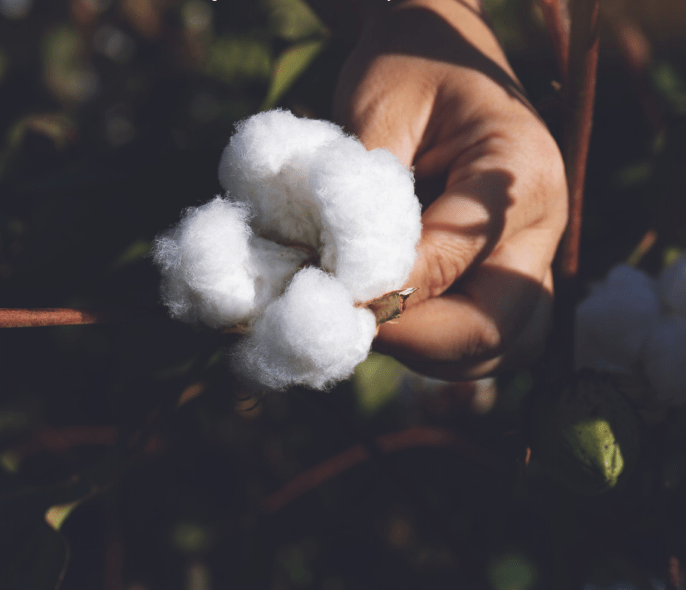
Organic cotton
ORGANIC COTTON IS NATURALLY GROWN WITHOUT USE OF ANY PESTICIDES, HERBICIDES, FERTILIZERS
Organic cotton is equal to cotton with the difference that it is naturally grown without use of any pesticides, herbicides, fertilizers or any other chemical. In order to know for sure that the cotton is indeed organic, manufacturers go through extensive supply chain verification by third-parties and only certified cotton can be marketed (example by GOTS). Number of organic cotton farms is increasing fastly however still counts for a very small part of overall cotton production worldwide.
Coffee husk
COFFEE HUSK IS THE DRIED SKIN WASTE OF THE BEAN
After petroleum, coffee is the second most commercialized product in the world. Coffee husks (or chaff) is the dried skin of the bean. During the roasting process, the husk falls off and mostly thrown away. Coffee husk is recently being used as reinforcing filler for thermoplastic composites as polypropilene or ABS. It is a valuable environmentally friendly resource that helps to reduce the amount of plastics used.

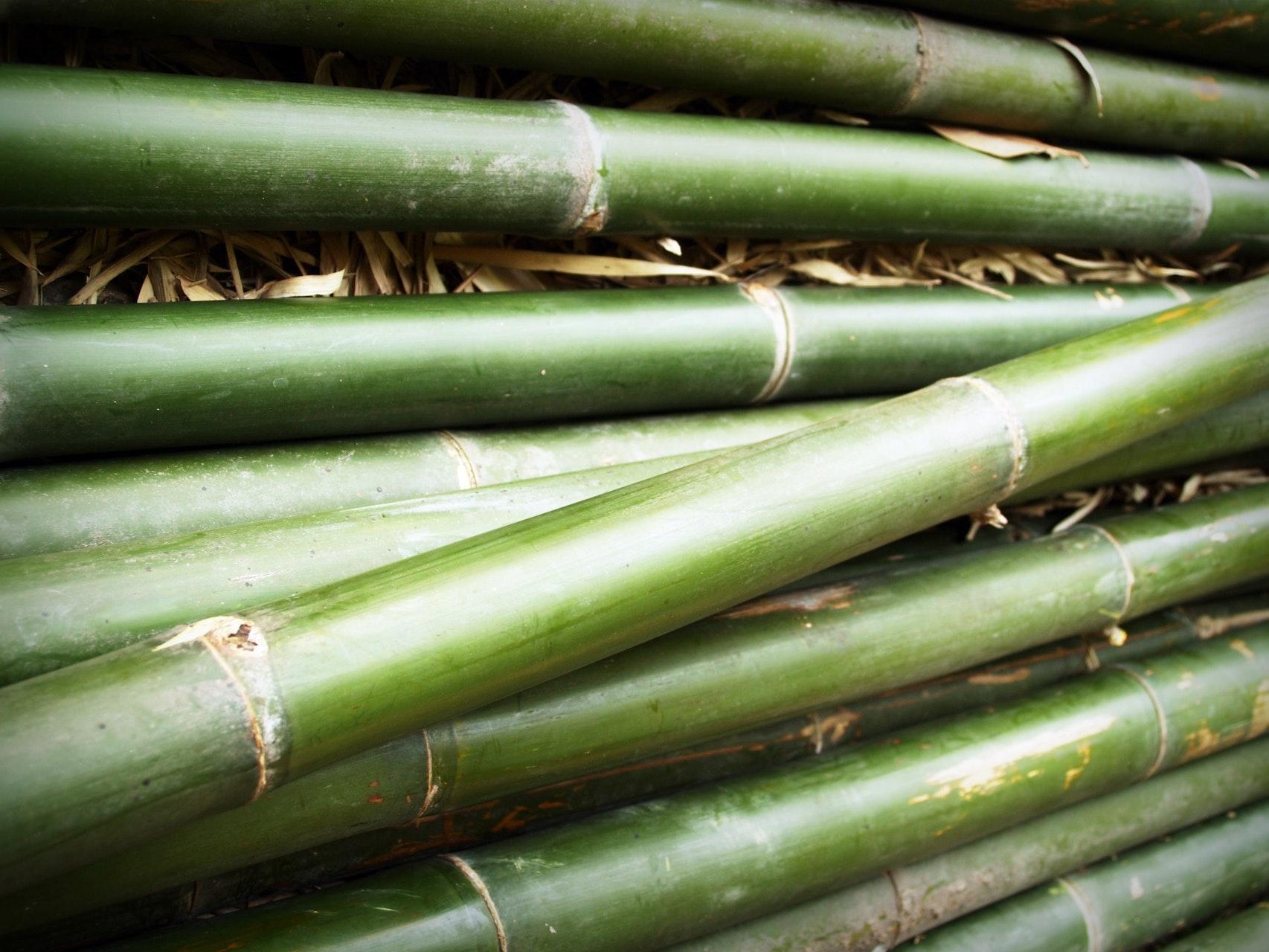
Bamboo
BAMBOO IS 100% NATURAL AND BIODEGRADABLE
Bamboo is one of the fastest growing plants (grass) and it can replenish itself within a year with a minimum water need and without need of fertilisers to boost its growth. Since bamboo is naturally pest-resistant there is no usage of pesticides. Bamboo is a very renewable resource, strong and durable. It absorbs more Co2 from the air and releases more oxygen which improves the air quality. Bamboo is 100% natural and biodegradable.
Cork
CORK IS 100% NATURAL AND BIODEGRADABLE. IT IS RANKED AMONG THE MOST DURABLE ORGANIC MATERIALS
It has good adhesive properties, making it easy to use in combination with different materials. Cork is the bark of theself-regenerating cork oak tree. It is ranked among the most durable organic materials with the property of stabilizing the air temperature and humidity. It is a very flexible material and be treated in a simple natural way. It has good adhesive properties, making it easy to use in combination with different materials. In general the cork industry is regarded as one of the most environmental friendly. Cork is 100% natural and biodegradable.
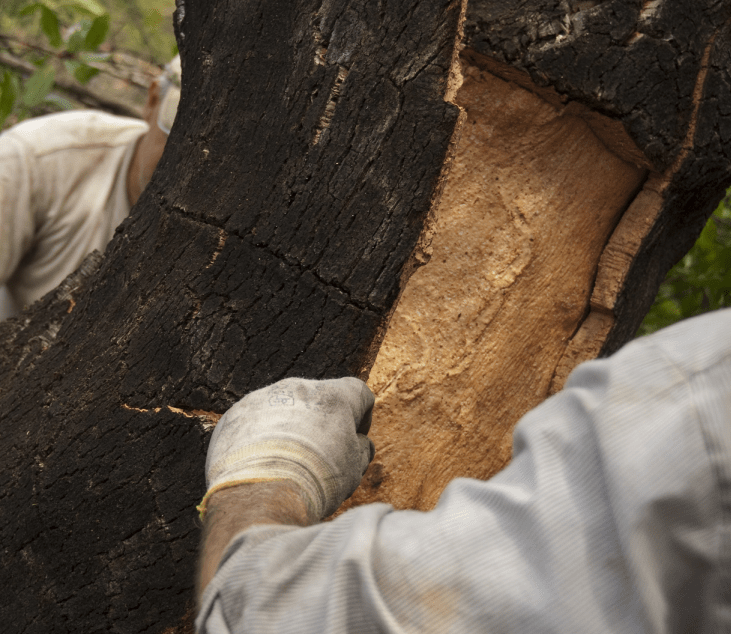
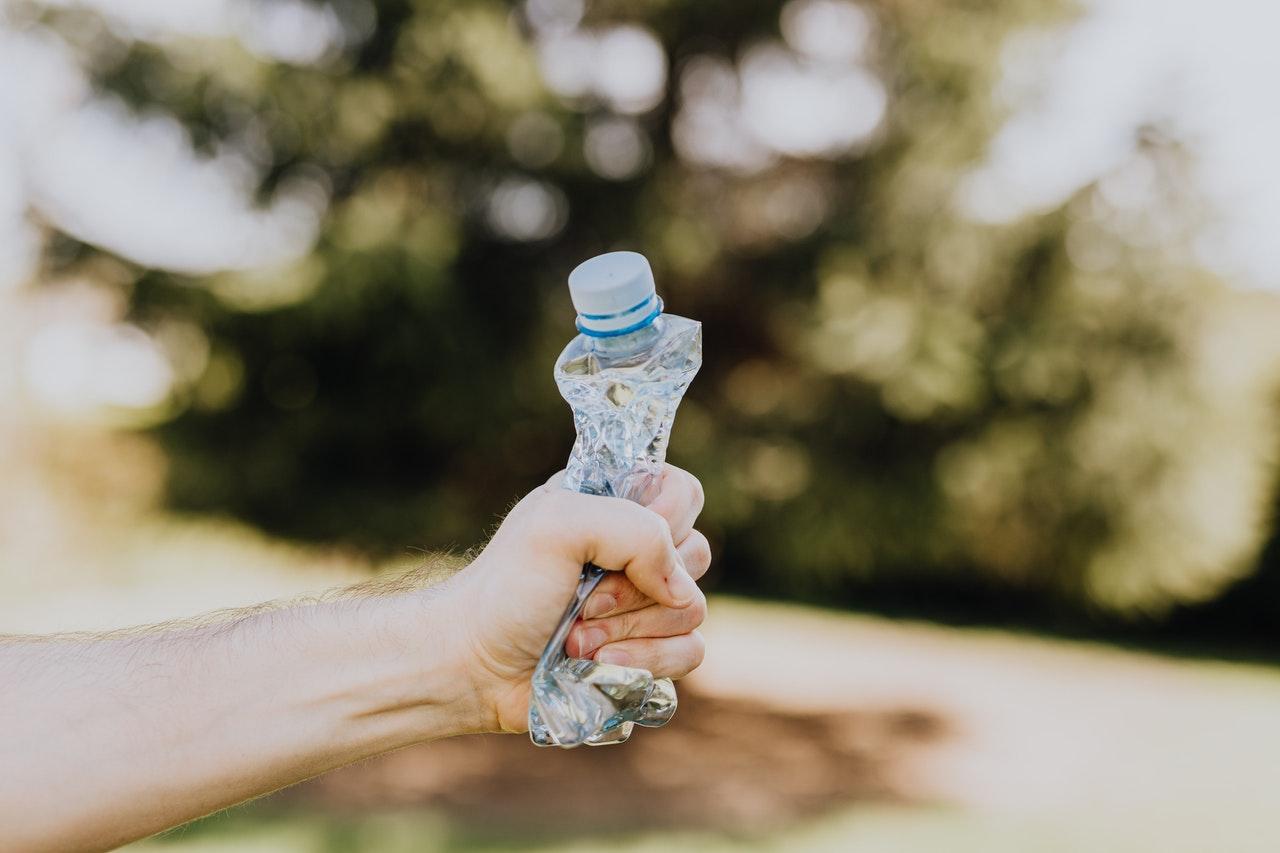
RPET
RECYCLED PET IS KNOWN AS RPET, AND IT IS THE MOST WIDELY RECYCLED PLASTIC IN THE WORLD
A large part of the solid waste in the world is attributed to PET plastic. Which is why we give a new life to the plastic. PET is the most common type of plastic, mostly used for packaging and beverages disposable bottles/containers. A large part of the solid waste in the world is attributed to this packaging. Recycled PET is known as RPET, and it is the most widely recycled plastic in the world. The use of recycled PET by giving a new life to an already made product in place of virgin resin results in reduced environmental impact.
Recycled fabrics
COLLECTED TEXTILE SOLID WASTES ARE REPROCESSED TO FIBRE AND THAN BACK TO FABRICS
Recycled fabrics is made from waste fabrics (any textiles). Collected textile solid wastes are reprocessed to fibre and than back to fabrics for further re-production of bags, garments or linnen. Most of the manufacturers work with two streams : pre-consumer waste (scrap from production) and post-consumer waste (used textiles collected). The color segregation occurs during the process to avoid as much as possible the re-dyeing of the fabric.
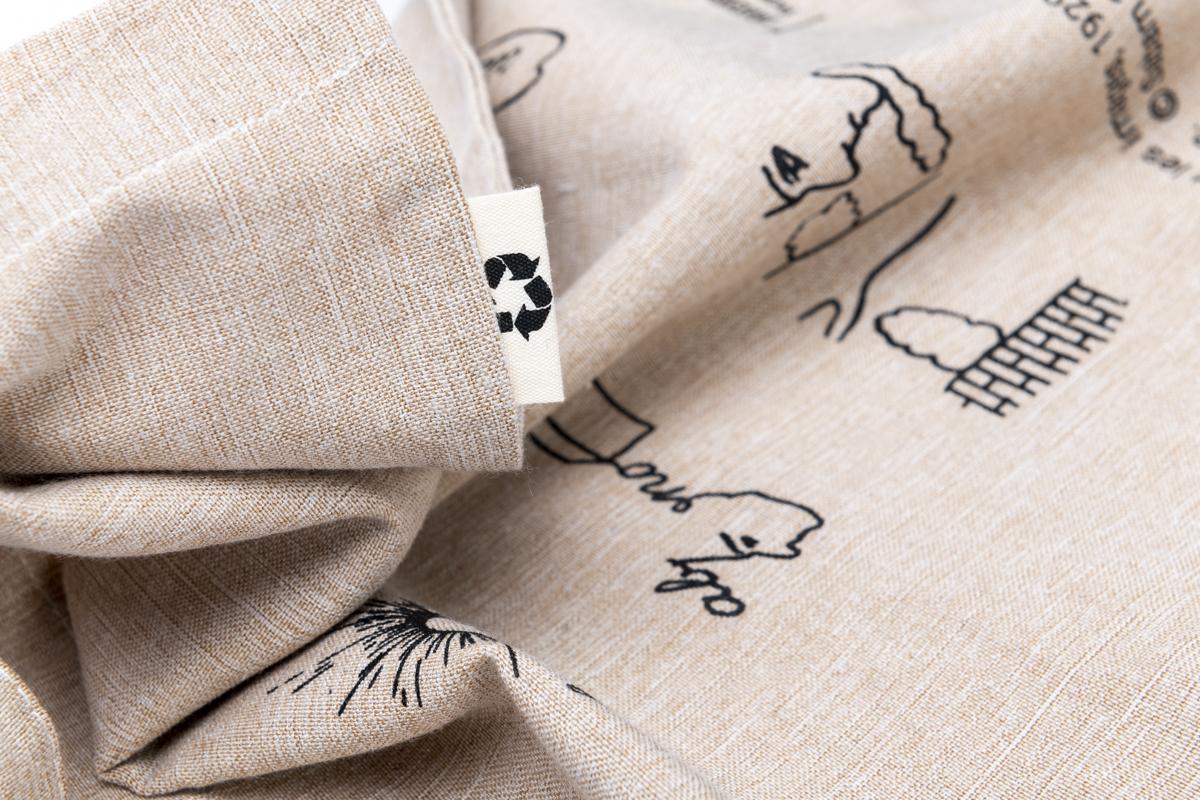
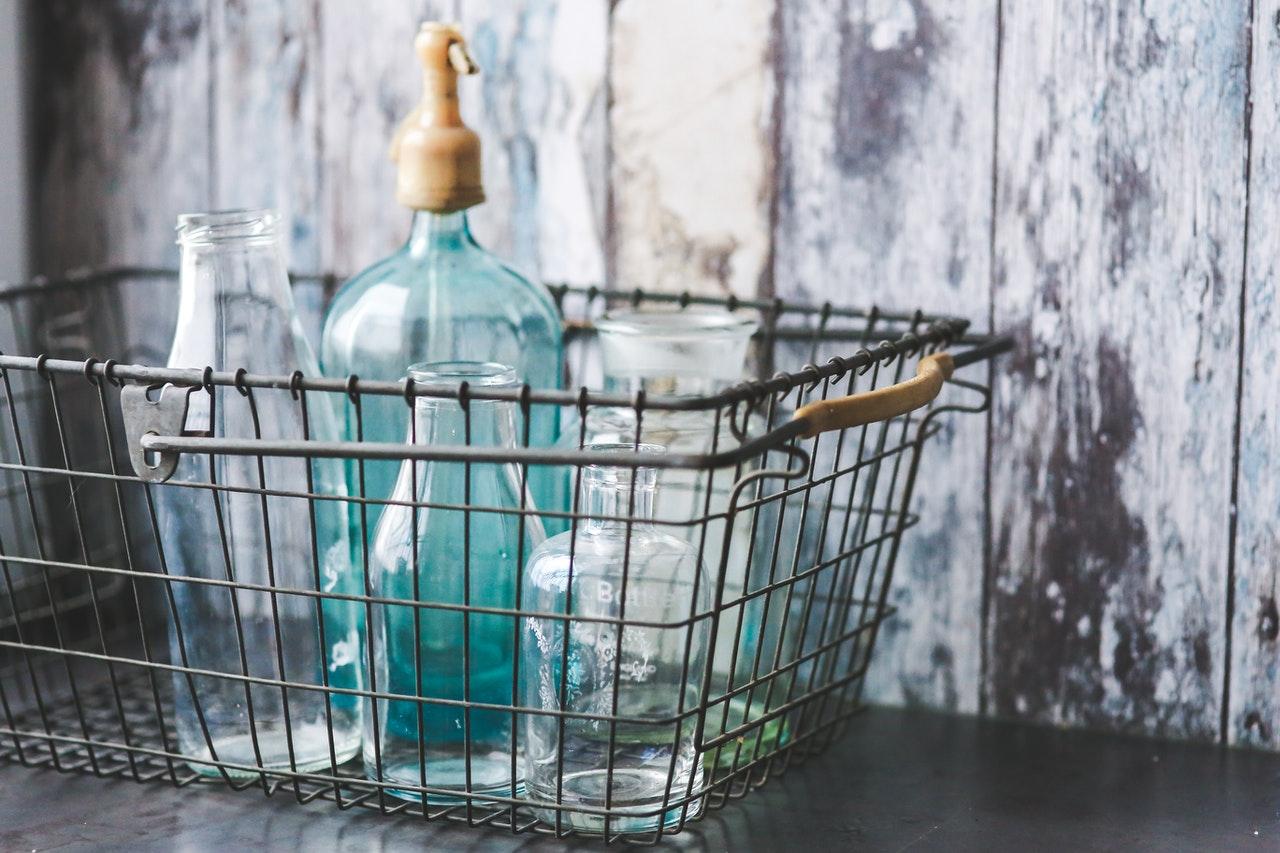
Glass
GLASS IS A GREAT MATERIAL THAT CAN BE RE-USED WHICH MAKES IT A PERFECT MATCH FOR OUR COLLECTION. EASY TO CLEAN AND LONG LASTING
With different styles and sizes for any occasion, you can use these for when you are thirsty to help avoid single use items. Do your part by making this small change.

Paper items
PAPER NOTEBOOKS, LUNCH BAGS, COOLER BAGS, PENS, AND MORE! ALL MADE WITH PAPER TO HELP REDUCE THE USE OF PLASTICS
Once the paper is sorted, it is processed into usable raw materials. Which we mold into convenient items.
We have introduced a new range of paper products. The same items you already know and love, made with sustainability in mind. This is only one of many ways we are adapting to help the ecosystem. Did you know the average tree can be used to produce over 8,000 pieces of paper?
Reduce & reuse
CHOOSE MORE SUSTAINABLE MATERIALS AND REPLACE DISPOSABLE WITH REUSABLE PRODUCTS
Our collection of daily enjoyable functional items are carefully assessed to increase brand-awareness whilst assuring a respectful use of materials and a longer-lasting product.

Certifications
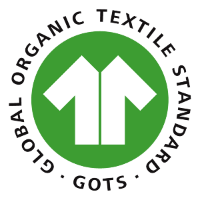
The Global Organic Textile Standard (GOTS) is the worldwide leading textile processing standard for organic fibres, including ecological and social criteria, backed up by independent certification of the entire textile supply chain. GOTS guarantees the organic state of the fabrics, from the harvest of the raw materials to the labeling, going through the responsible manufacturing on an environmental and social scale, in order to provide a reliable guarantee to the consumer.
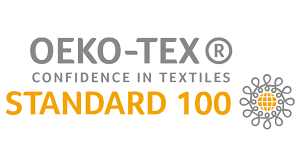
The OEKO TEX Standard 100 certificate is a world-renowned system that verifies that no harmful substances are present in textiles or in the manufacturing stages of a given product. Fabrics bearing this seal have been tested and certified by internationally recognized institutes.
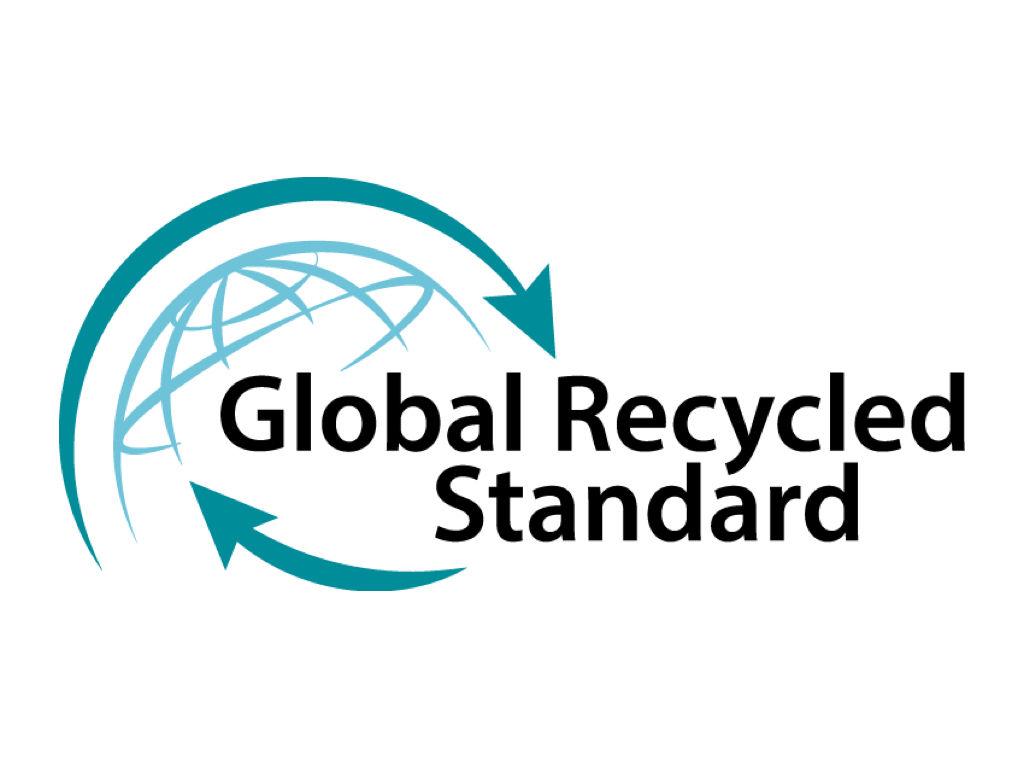
GRS (Global Recycled Standard) is one of the leading certifications for tracking and verifying the content of recycled materials in a final product. The standard applies to the entire supply chain and addresses traceability, environmental principles, social requirements, chemical content and labeling. Items under this label contain at least 50% recycled materials and each step in the production chain has been independently assessed to ensure socially and environmentally responsible production all the way to the final product.
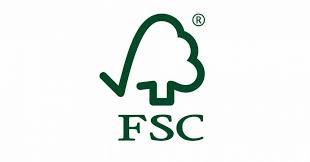
The Forest Stewardship Council, FSC, is an independent, non-governmental accreditation and certification organization based in Bonn, Germany, established to promote the responsible management of the world’s forests.
The FSC certification assures us that the wood used is controlled wood and that it comes from a forest that has been managed, evaluated and certified according to the social, economic and environmental standards defined by these same organizations.
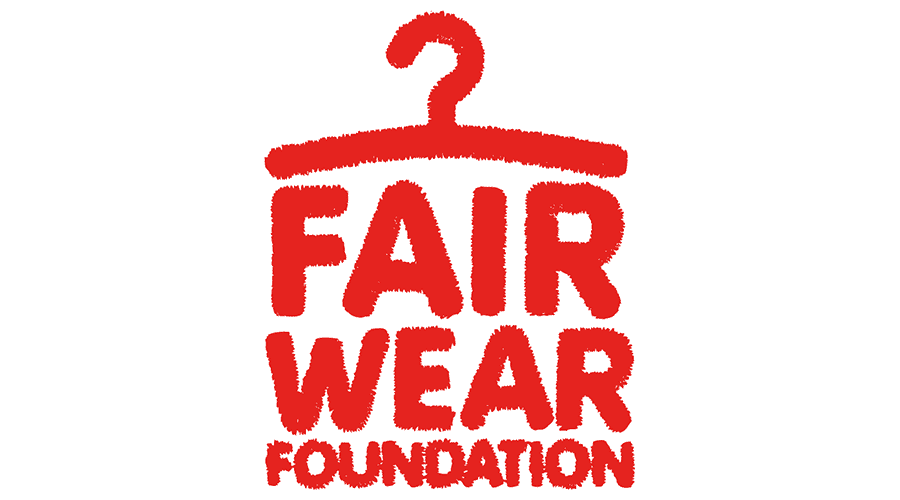
The Fair Wear Foundation (FWF) is a Netherlands-based NGO, which works with companies in the textile industry to improve labour conditions and examines how brands are performing against FWF’s Code of Labour Practices, which includes scores on criteria purchasing practices, monitoring and remediation and complaints handling.
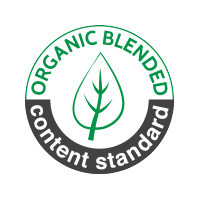
The organic content standard (OCS) applies to non-food products containing 5-100% organic matter. It verifies the presence and amount of organic matter in a final product. In addition, OCS tracks the flow of a raw material from its origin to the final product. The OCS relies on third-party verification to confirm whether a final product contains the precise amount of a given organically grown commodity.
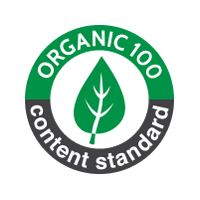
The Organic Content Standard certification verifies the organic content of raw materials from production to the finished article. Items classified with this label contain at least 95 % organic materials and each step of their production has been independently certified. The organic content standard (OCS) applies to any non-food product containing 95-100% organic matter. It verifies the presence and amount of organic matter in a final product, and tracks the flow of raw materials from their origin to the final product.
